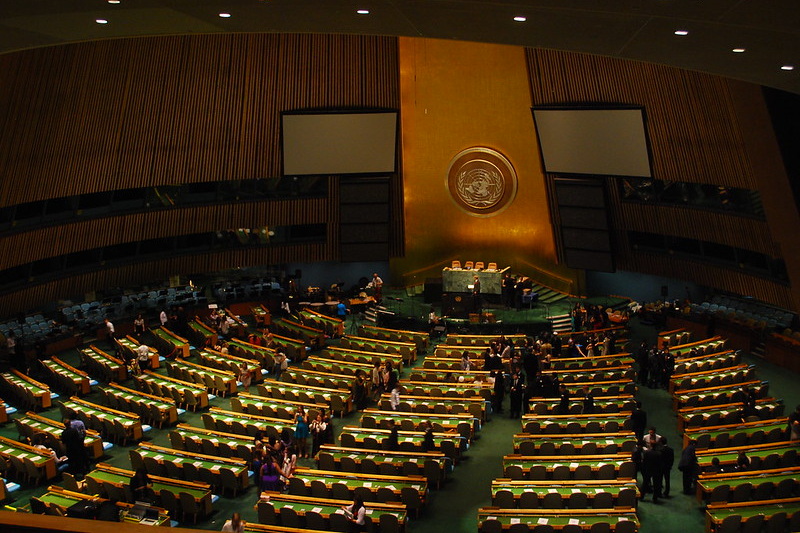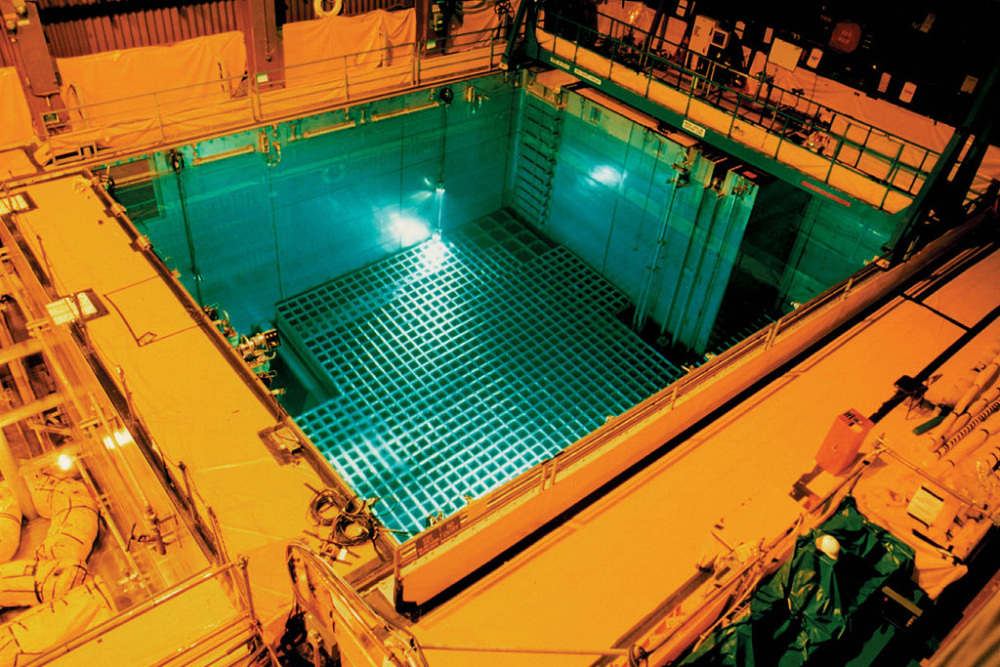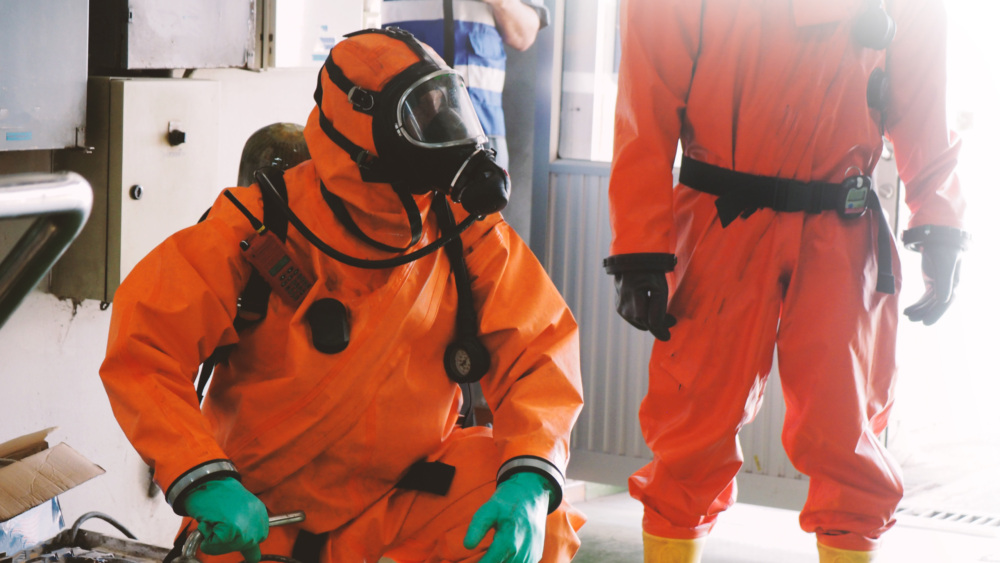
Global Effects of Nuclear Conflict: Implications for Nuclear Policymaking, Then and Now
This paper highlights the need for renewed attention to the catastrophic effects of nuclear conflict as a crucial step toward reducing the risk of nuclear use.
This paper highlights the need for renewed attention to the catastrophic effects of nuclear conflict as a crucial step toward reducing the risk of nuclear use.
This paper offers a focused set of recommendations for specific commitments related to practical and achievable actions that States parties to the Treaty on the Non-Proliferation of Nuclear Weapons (NPT) could take to advance the NPT’s goals and achieve success at the 10th NPT Review Conference.
On April 21, 2022, immediately after G20 finance ministers and central bank governors reached consensus to establish a new Fund for preparedness at the World Bank, a group of leading experts and stakeholders from met to review progress and offer advice on next steps. This paper aims to inform next steps to structure, approve, and launch a new Fund, including the forthcoming consultative process led by the World Bank.
The term “safeguards effectiveness” means the effectiveness of IAEA verification—that is, the ability of the IAEA to detect non-compliance.
The ways sustainability of the IAEA safeguards system can be ensured by the agency, its Member States, and the international community
The concepts of “nuclear safety culture” and“nuclear security culture” are well established in IAEA practice, but no similar terminology is used for nuclear safeguards.
The IAEA safeguards system ensures that the nuclear material and activities falling under the scope of agreements between the IAEA and states are not being used to build nuclear weapons or any other nuclear explosive devices.
Efforts to develop sustainable solutions for the long- term management of HLW have been ongoing for decades, and most programs around the world have experienced both successes and failures.
The COVID-19 pandemic has raised important questions about resiliency and preparedness for other catastrophic disasters, including nuclear and radiological emergencies. A new NTI-commissioned paper by Major General Julie Bentz (ret.), assesses potential gaps.
This paper proposes Cooperative Risk Management and Reduction (CRMR) as a model for nuclear security engagement centered on the principle of continuous improvement and an enhanced emphasis on the critical roles played by culture, institutions, treaties, and norms for sustaining nuclear security excellence.




